Economics Essay: Examining the Functions and Impact of Money
VerifiedAdded on 2023/06/03
|5
|1010
|80
Essay
AI Summary
This economics essay delves into the multifaceted functions of money, emphasizing its role as a medium of exchange, a store of value, and a unit of account. It highlights how money facilitates transactions and specialization by eliminating the inconveniences of the barter system. The essay also discusses how money serves as a liquid store of wealth, enabling individuals to save and defer consumption, while acknowledging the potential for greed and unethical behavior associated with the desire for wealth. Furthermore, it elucidates how money provides a common unit for measuring the value of goods and services, allowing for easier comparisons and economic calculations. The essay draws upon various sources, including Marx and Engel's observations on the impact of capitalism, biblical perspectives on the love of money, and contemporary research on the psychological effects of money priming, to provide a comprehensive understanding of money's functions and its broader implications for society.
1 out of 5
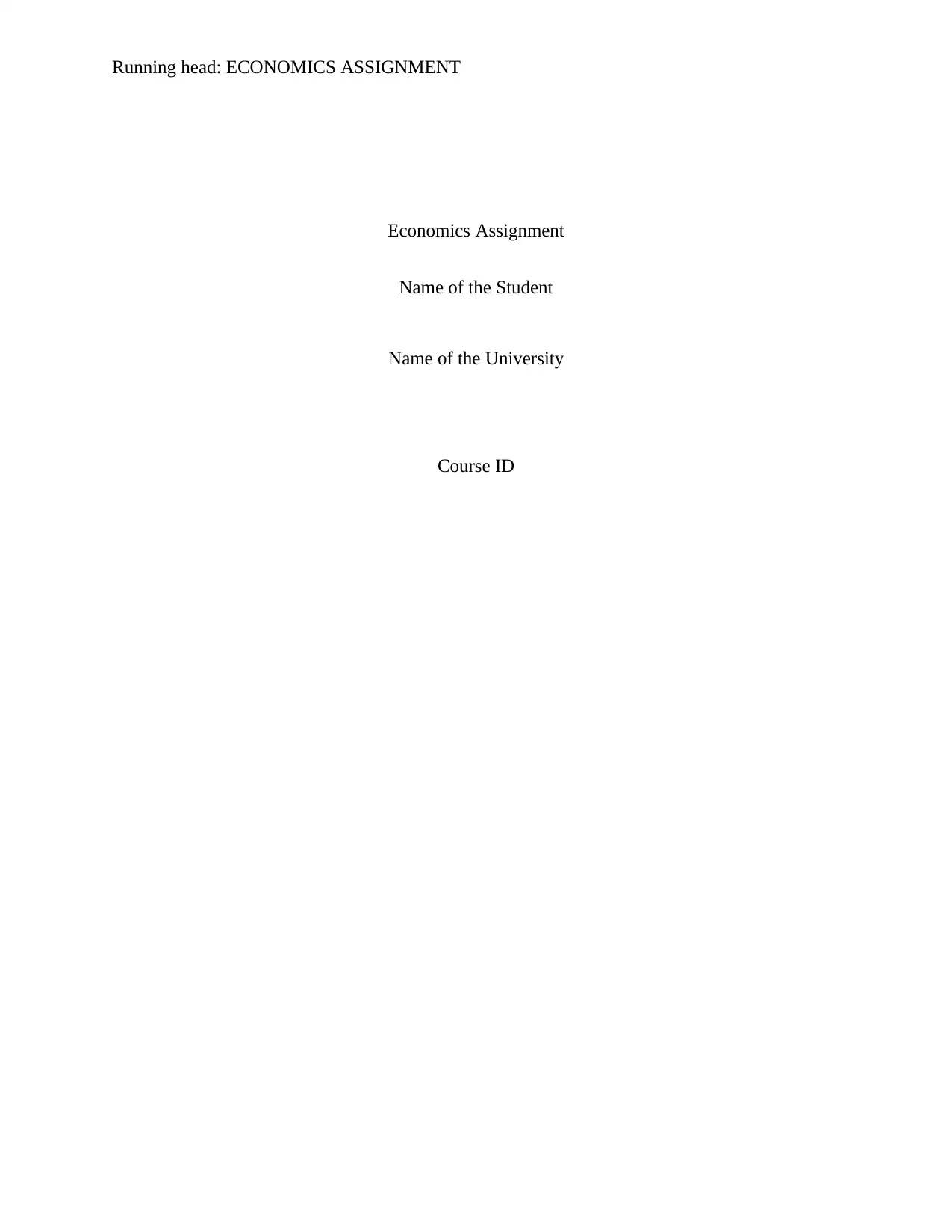
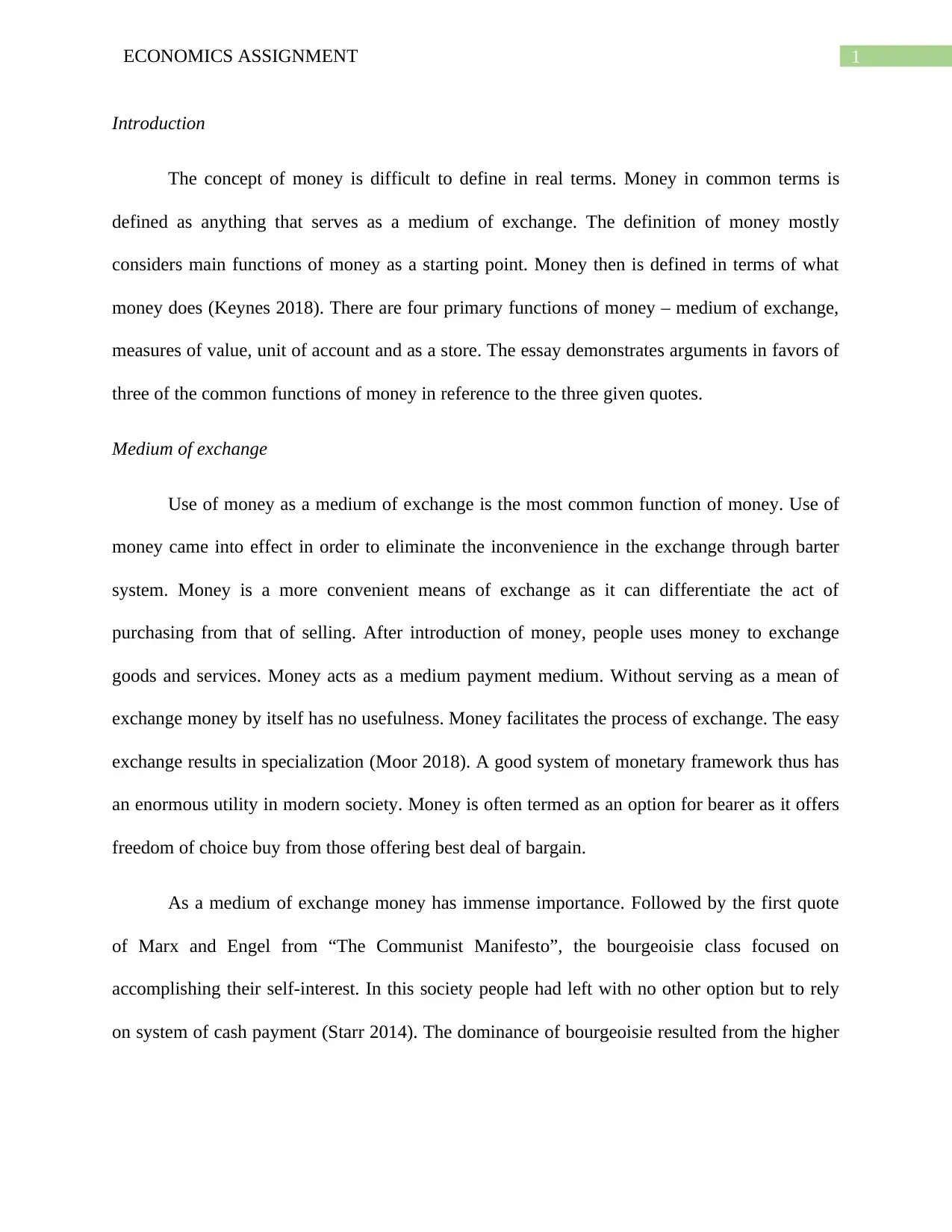
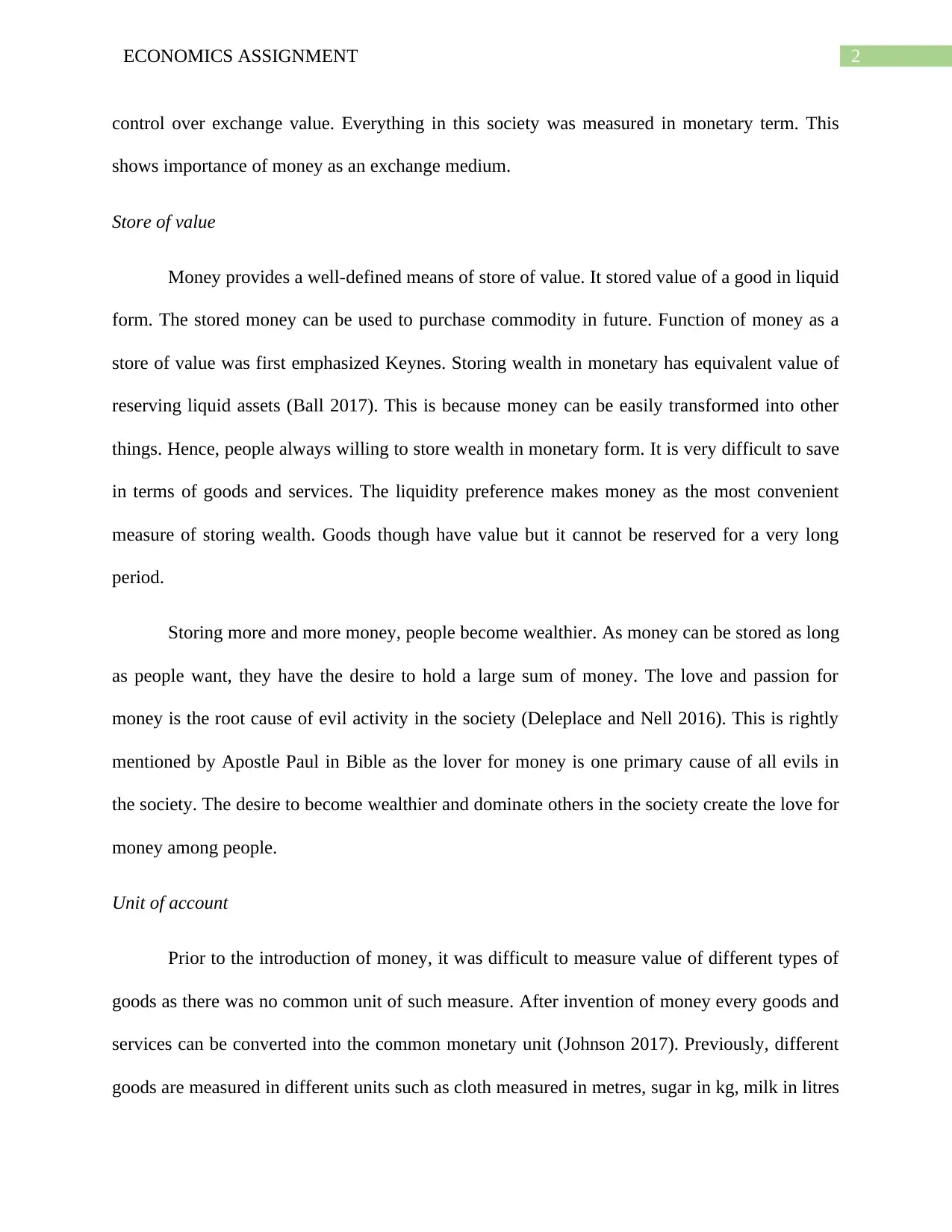

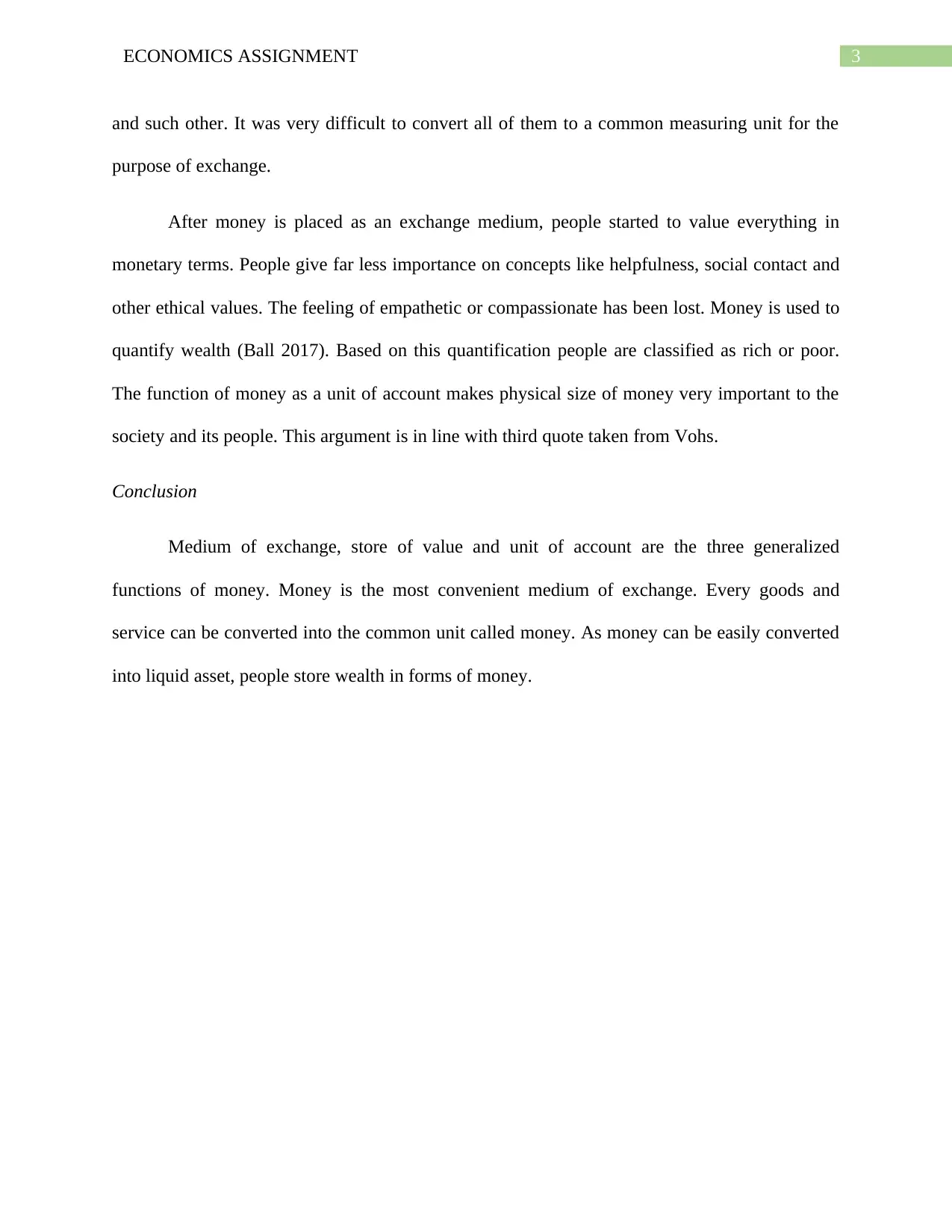
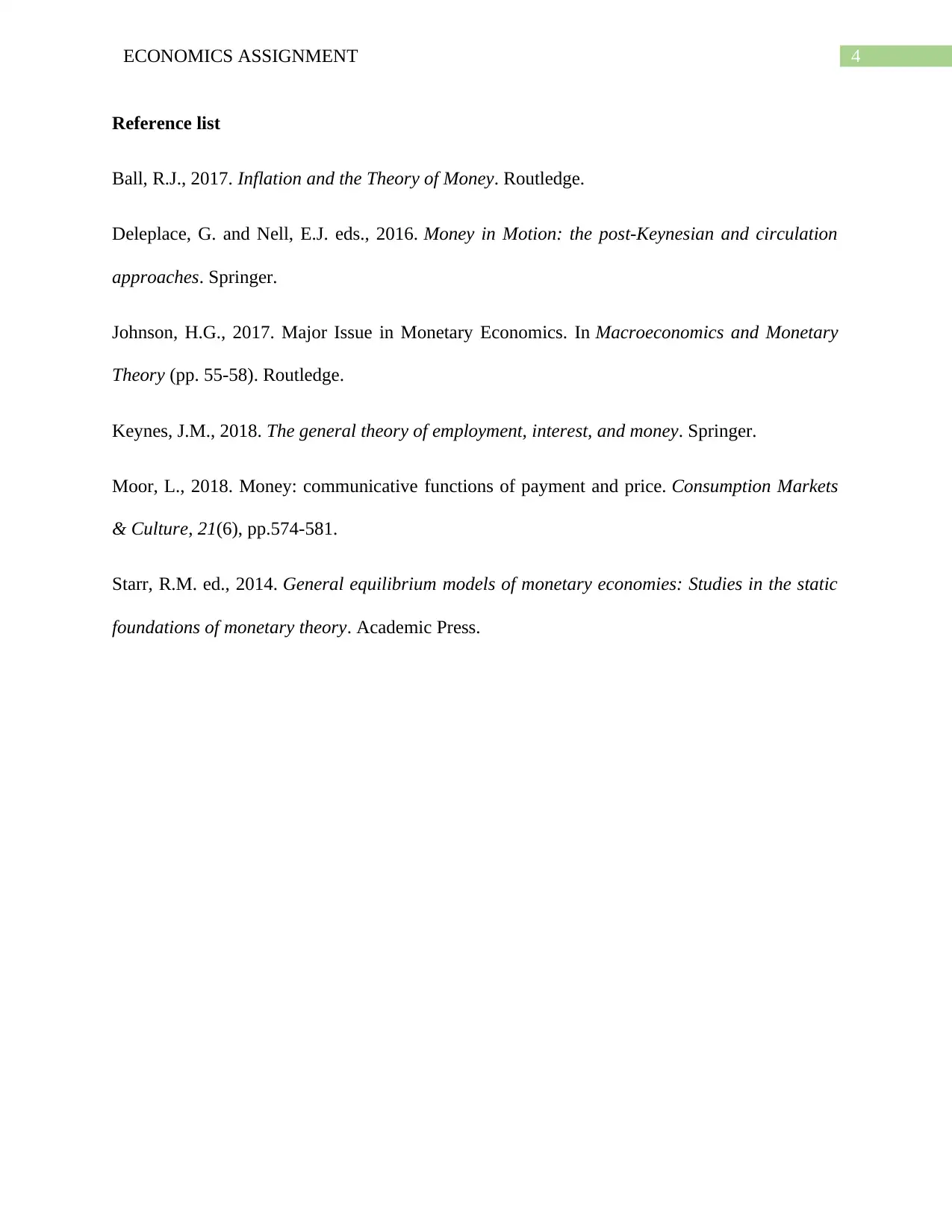






![[object Object]](/_next/static/media/star-bottom.7253800d.svg)